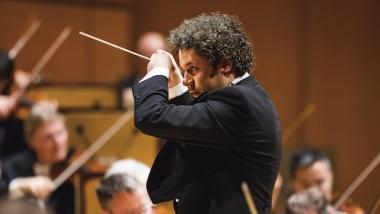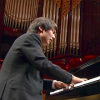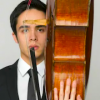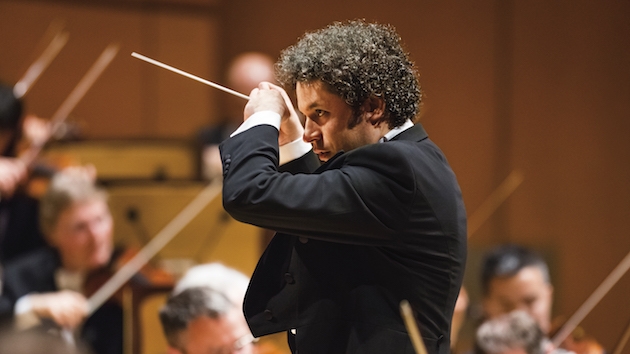
Even the finest symphony orchestras have nights when they’re not at 100 percent. And there were thousands of miles (and probably a million notes) worth of good reasons why Saturday’s concert by the Los Angeles Philharmonic was noticeably uneven.
This was the first concert at Walt Disney Concert Hall since Gustavo Dudamel and the musicians completed the second half of their 100th-birthday worldwide touring schedule. The marathon tour began in mid-November with a series of performances and residencies in Mexico City (part of a Sister City celebration) that also featured 96 members of the LA Phil’s youth orchestra (YOLA). From there, Dudamel and the orchestra continued on to London, then to Boston and New York City, finally returning home on Tuesday just in time for Thanksgiving. So it’s not surprising that there was a bit of post-tour jet lag and holiday droop.
Saturday’s soloist was the young Korean pianist, Seong-Jin Cho, who offered a technically impressive, occasionally bland, sporadically dazzling rendition of Rachmaninoff’s Piano Concerto No. 2 in C Minor, Op 18.
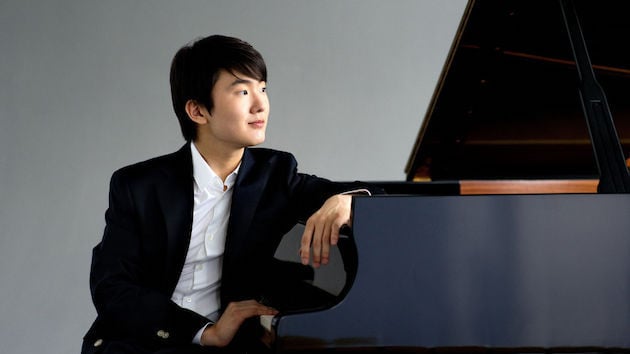
Cho, who was born in Seoul in 1994, gained recognition when he took first prize at the 2015 Chopin International Competition in Warsaw. It led to Cho signing an exclusive recording contract with Deutsche Grammophon.
His sonorous attacks of the concerto’s opening succession of repeated chords seemed to forecast exciting things to come. The orchestra was at full strength with Dudamel on the podium and everything sounded solid and in synch. Then the energy level began to deflate.
Cho’s technique was apparent, particularly the crispness of his staccato attacks. But something was clearly missing, the spark that would have taken the performance to the next level, the type of rendition that separates a star performer from becoming a superstar.
Ever conscious of Dudamel, Cho was so intent on being a team player that he failed to “sell” his own performance. He could profit by taking a page out of Yuja Wang’s playbook—the way she creates a dynamic presence at the keyboard that draws her audience in and then takes their breath away.
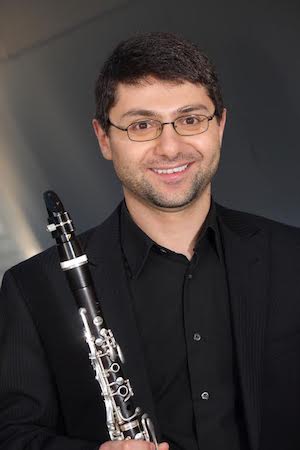
The second movement, Adagio sostenuto, with its waves of romantic melody, accentuated by the solo horn and clarinet playing of Jaclyn Rainey and Boris Allakhverdyan, was as smooth as double cream and almost soporific. It was in the third movement (Allegro scherzando) that Cho, Dudamel, and the orchestra were able to light the fuse and produce a much-needed jolt of electricity. Finally, Cho exhibited the combination of technique and razzle-dazzle his resume had promised: the rapid and exact fingering, the string-of-pearls phrasing, and the thundering crescendos.
For an encore, Cho offered a crystalline rendition of Tchaikovsky’s “October: Autumn Song” from The Seasons, Op. 37a, No. 10. The delicacy of his phrasing made a strong case for Cho’s interpretive skills as a solo recitalist. Hopefully the Phil will schedule him at some point in the near future to perform in that role.
After intermission, the program transitioned from the lush Russian romanticism of Rachmaninoff to the propulsive, motor-rhythmic modernism of Stravinsky’s Rite of Spring. By design, it offered an extreme contrast to the melodic ebb and flow of the piano concerto. A staple in the LA Phil repertory, much of the performance was captivating, exciting, and absolutely on target. But there were also passages when the focus seemed to wander. In its final climactic moments of suicide by dance, Stravinsky’s ballet thrives on an abundance of roof-lifting volume. And it was this crowd-pleasing element that Dudamel pushed to the limit.
This week the popular Finnish conductor, Susanna Mälkki, arrives to lead a series of concerts devoted to the music of Oliver Knussen. She should find an ensemble that is well rested and ready to fire on all cylinders.

